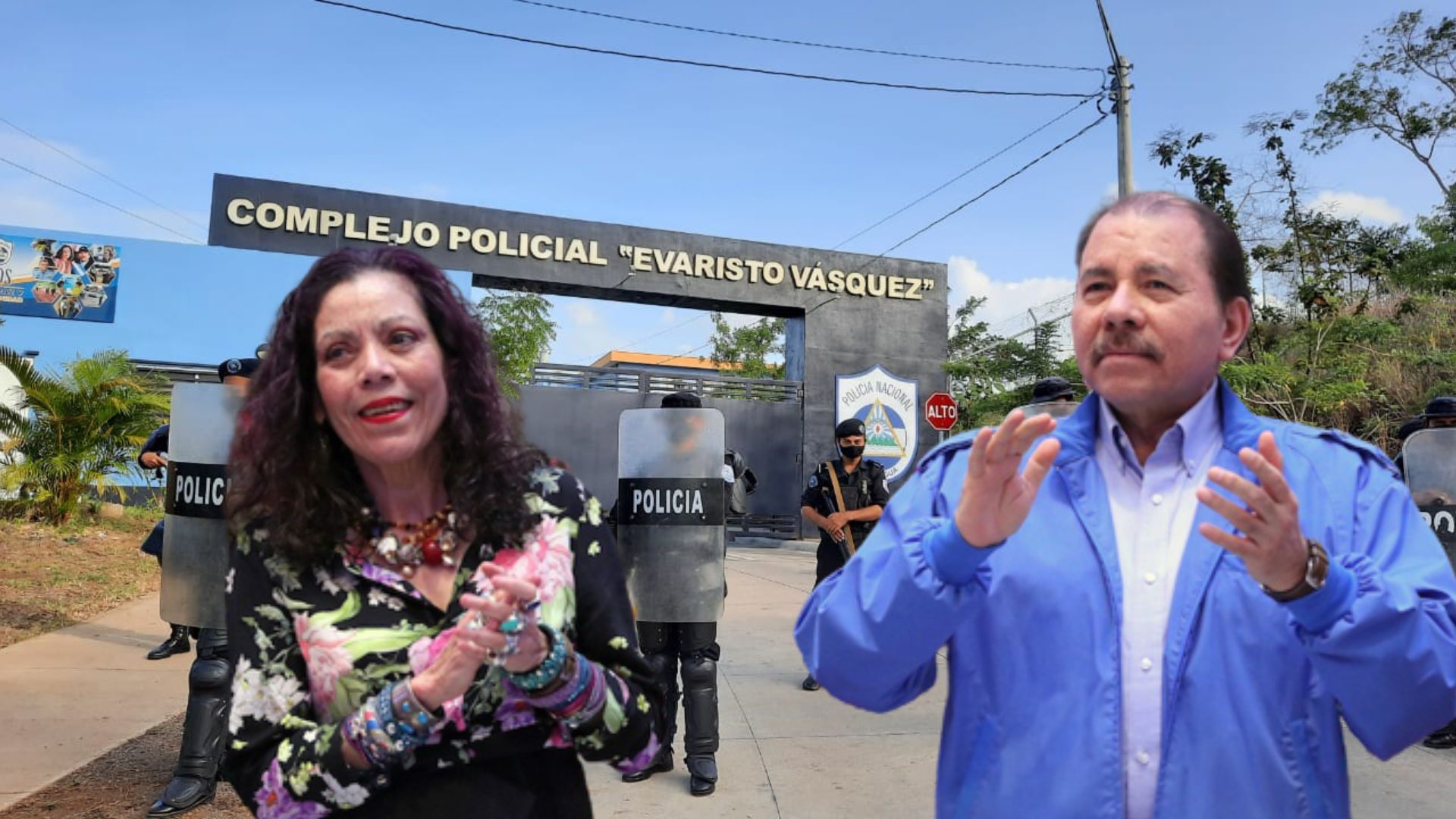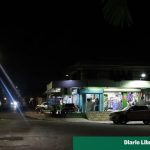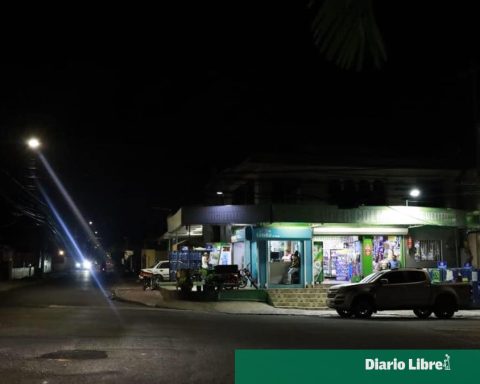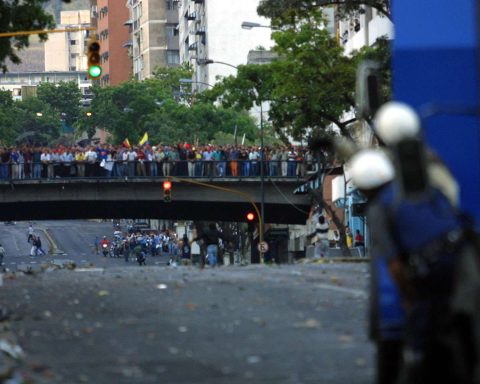The Office of the United Nations High Commissioner for Human Rights (OHCHR) denounced that the dictatorship of Daniel Ortega and Rosario Murillo has escalated the repression against the opposition in Nicaragua, now using a new tactic, which consists of imprisoning relatives of opponents “as a measure of pressure” so that they surrender to the authorities.
In a document titled “Quick Report Number 7”the agency pointed out that between September 13 and 15, at least five people were detained “when the Police sought to capture their relatives who were political opponents and members of the Unamos party” and when they could not find them, the officers at the service of the Ortega regime arrested “to his loved ones.”
“In some cases, the police reported that the release of the detainees depended on the wanted person surrendering to the authorities,” he stressed.
Related news: Surveillance of public officials responds to Ortega’s “paranoia”, says lawyer
The hostages of the dictatorship are Jeannine Horvilleur Cuadra, Ana Alvarez Horvilleur Y Felix Roiz Sotomayorwife, daughter and son-in-law of Javier Álvarez Zamora respectively; Gabriel Lopez del Carmen, son of the persecuted politician Andrea Margarita del Carmen Ibarra; Y Freddy Martin Porras Garciabrother of the leader of Unamos Dulce Porras.
The Nicaraguan justice accused four of the now political prisoners of the alleged crimes of “conspiring to undermine national integrity” and “spreading false news through information and communication technologies”, crimes with which, the dictatorship has imprisoned several opposition leaders.
In the case of Lopez del Carmenthe Nicaraguan regime only charged him with the crime of undermining national integrity, better known as “treason against the fatherland.”
In addition, the United Nations pointed out that the Police is investigating eight other people for the same crimes. “These people would be members of Unamos, six of them captured since the beginning of September,” he specified.
“These arrests would be arbitrary because they were carried out without complying with the formalities of the law and because they lack a legal basis, since different human rights organizations and mechanisms have observed the incompatibility of the crimes for which these people are being investigated with international human rights standards. “, held.
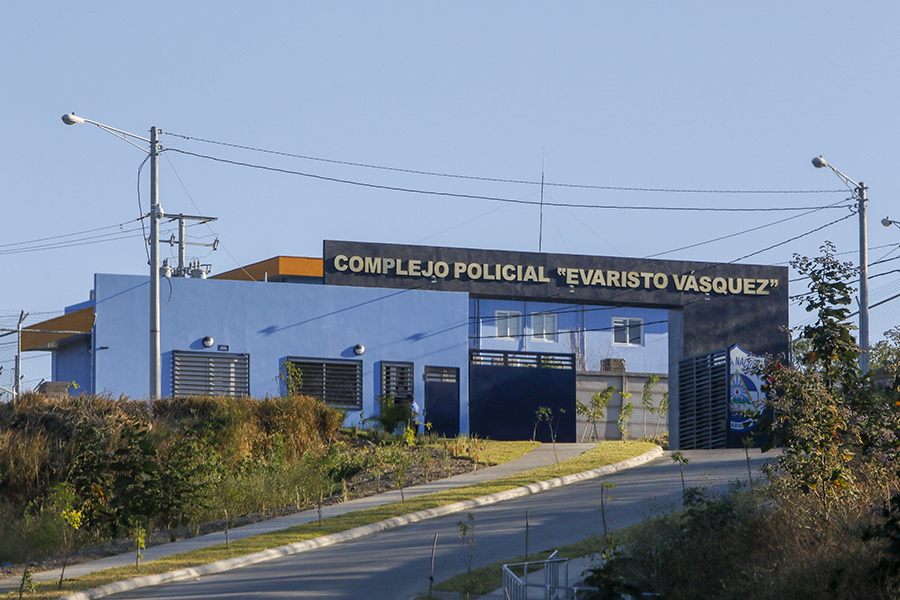
He added that, “in the particular case of the five people who were detained so that their relatives surrender to the authorities, the Nicaraguan Penal Code provides sanctions for those who commit such reprehensible acts.”
The number of political prisoners of the Ortega-Murillo regime increased to 219 until September 2022, including religious leaders, reveal updated data from the Mechanism for the Recognition of Political Prisoners.
Nicaraguans exiled by Ortega
The United Nations Office for Human Rights also highlighted that since July 2022, the Ortega Murillo dictatorship, through the General Directorate of Migration and Aliens, has denied nine Nicaraguans the power to return to their country of origin.
“These cases are distinguished from previous ones in which the affected Nicaraguans resided abroad and intended to come to Nicaragua to reunite with their families or for other personal or work reasons, and were also prevented from entering the country,” the entity highlighted. .
Related news: These are the Nicaraguans exiled by the Ortega-Murillo regime so far in 2022
“In the case of the nine people, they left Nicaragua -where they reside- for a short period in order to receive specialized medical attention, visit their relatives, fulfill work commitments or participate in official meetings. When they finished their trips and tried to return to the country, they were not allowed to board the planes that would take them back to Nicaragua; being stranded abroad while making a connecting stopover,” he noted.
The case of the lawyer and defender of the rights of indigenous peoples, Annex Alfred Cunningham“has been described by the president of the Human Rights Council as an act of reprisal», assured the UN Office.
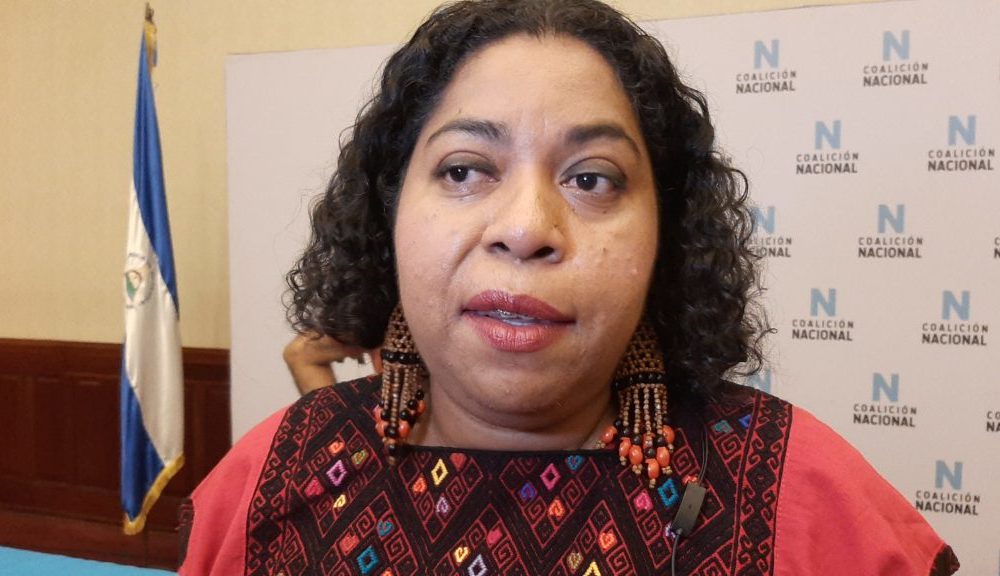
On September 27, the regime also prevented the vice-chancellor of the Central American University (UCA), from entering Nicaragua. Jorge Huetewho was in Argentina on an academic activity.
This tactical exile of the Ortega-Murillo dictatorship is added to the tax last July on the now ex-rector of the UCA, the Jesuit Father José Alberto Idiáquez, who was not even present at the transfer of the rectory to the Father Rolando Alvarado López, on June 1because the regime denied him entry into the country.
This measure has also been imposed on religious. It was known that the regimenand denied entry to the country Father William Blandonparish priest of the Santa Lucía de Boaco Church and to the father John of God Garciavicar of the Santo Cristo de Las Colinas parish.
“These other cases could also be classified in the same way since the affected people were critical of the government’s policies from their academic or professional positions, or provided support to persecuted people,” the agency concluded.
